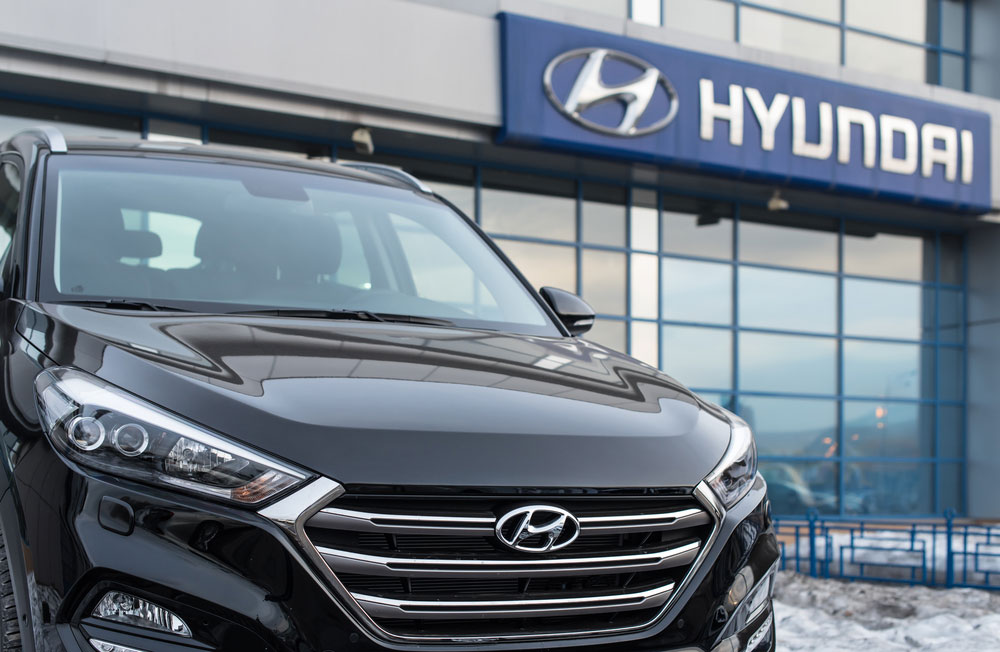Korea’s Hyundai will continue to make diesel cars in India at least for another 10 years even as rival Maruti has decided to stop using diesel powertrains by 2020.
“Diesel will be sustainable. It will be available till 2030 at least. But if you ask me if it will be sustainable after 50 years from now, I cannot predict,” J.R. Chun, director, engine performance testing, Hyundai Motor Co, said at the launch of the Hyundai Grand i10 NIOS in New Delhi last week.
Chun made a comparison of the Indian and European markets vis-à-vis diesel. “Over 50 per cent of the market was diesel in Europe but now demand is lessening, particularly in Germany where there is a ban on diesel,” he said.
“Euro-VI diesel is clean and its fuel economy is good but it is going to have competition from hybrids in terms of fuel economy,” he added.
While the company launched its latest offering — the Hyundai Grand i10 NIOS — in a BS-IV diesel engine, Chun said it would soon have a BS-VI diesel engine next year.
Chun referred to a 1.5-litre diesel engine that will replace its current 1.4 and 1.6 CRDi engines. The 1.5 litre diesel powertrain is also being used for its sister company Kia’s mid-SUV Seltos.
“The challenge in developing a BS-VI compliant diesel engine is to eliminate the particulate matter and the nitorgen oxide. Diesel Particulate Filter (DPF) is mandatory for BS-VI engines and the Lean NOx Trap (LNT). Besides, the combustion system should support reduced emissions,” said Chun.
Incidentally, the Seltos from Kia Motors has in its BS-VI 1.5 litre engine both the diesel filter and the lean trap.
Chun said globally, till 2030, 87 per cent of the passenger cars will be equipped with internal combustion engines. The rest 13 per cent will be electric vehicles, fuel cells and hybrids.
When asked till when the gasoline engines will survive, Chun said, “Till it is available.”










